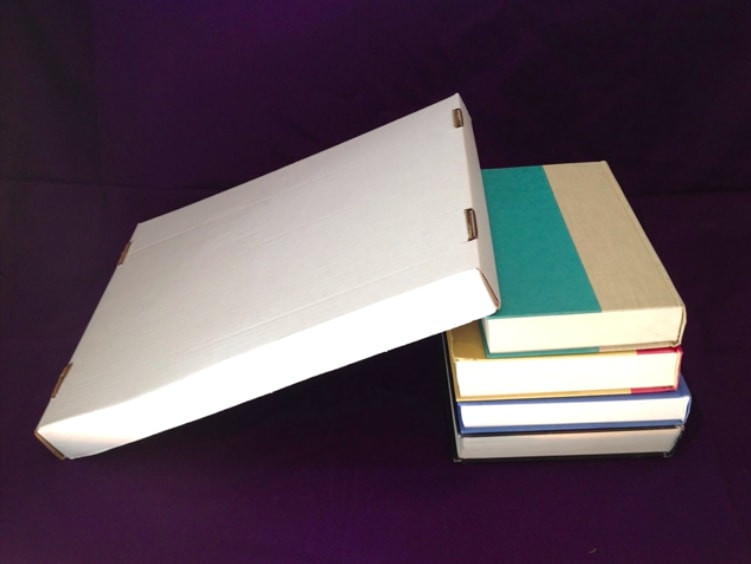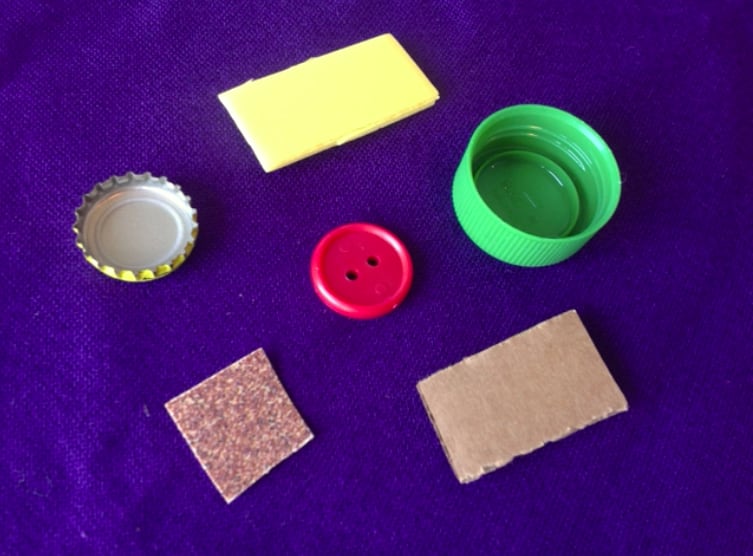Mystery Science respects the intellectual property rights of the owners of visual assets.
We make every effort to use images and videos under appropriate licenses from the owner or by
reaching out to the owner to get explicit permission. If you are the owner of a visual and
believe we are using it without permission, please
contact us—we will reply promptly and make
things right.
Lesson Image
little girl on slide by
rx2web
, used under CC BY
Exploration
Ballot Box by
FutUndBeidl
, used under CC BY
sliding downhill by
CS Roth
San Francisco panorama by
Steven Damron
, used under CC BY
playground set by
Greg Goebel
, used under CC BY-SA
stone slide by
Joshua Stacy
, used under CC BY
squiggle slide by
F Delventhal
, used under CC BY
Hickory Hills opening by
City of Marietta, GA
, used under CC BY
long slide by
Seth Werkheiser
, used under CC BY-SA
Burnham Thorpe playground by
Elliot Brown
, used under CC BY
big yellow slide by
Jason Lander
, used under CC BY
aquapark steep drop by
Tim Sheerman
, used under CC BY
Insano by
Bloggedd
, used under CC BY
double slides by
Pilgrim Fatima
, used under CC BY-SA
going down by
N@ncyN@nce
, used under CC BY
toddler slide by
Today's Classroom
, used under CC BY
friction by
cdxglobal
wood slide by
Little Wagon Train
playground slide by
KENPEI
, used under CC BY-SA
friction surface by
Stack Exchange Inc
, used under CC BY-SA
jeans by
M62
, used under CC BY-SA
bottle cap collection by
Carlos Jose
legendary slip n fly by
Brice Milleson
, used under CC BY
old slide by
Corrine Klug






